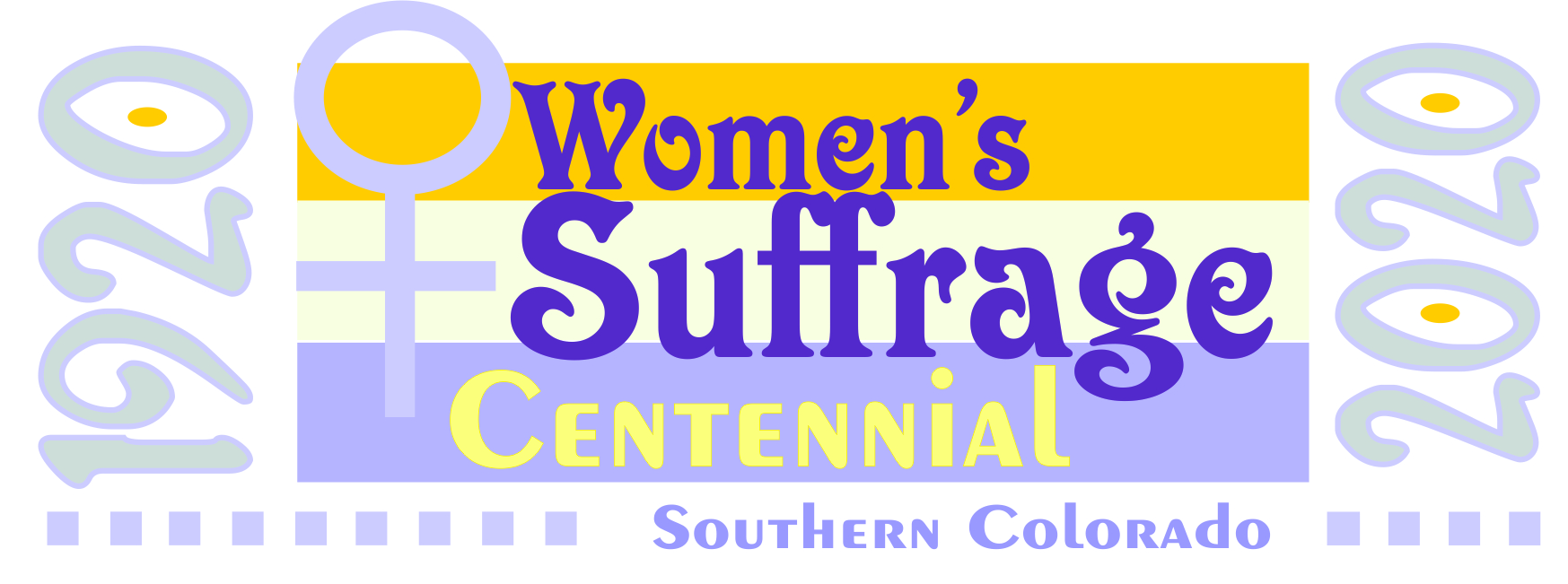by Anna Brownlee
“As we here before remarked, and as we repeat again, it will be quite time enough to give the privilege of suffrage to women, when the women themselves ask for it… Not one wife or mother in the state in a thousand ever attends the shrieking matches of the scolding sisters which are held at various intervals. The fact is beyond dispute, and yet the shouting sisterhood perambulate the state and prostitute pulpits and the press with the preposterous pretenses that the women of our state feel themselves oppressed because they cannot vote at elections.” Colorado Daily Chieftain, March 2, 1882
This article, though it expresses disbelief that any woman in Colorado had ever desired the vote, seemed to indicate that suffrage meetings were still happening even though the paper did not cover suffrage activity in the state much after 1881. Suffrage came up in the Colorado senate briefly in the beginning of 1881, but the discussion had been killed by February. There was also a women suffrage convention in Denver in January that year. The Chieftain compared women to crowing hens and “Crowing hens must be set down upon…The most foolish thing the Colorado legislature has been guilty of this session was the action of that body on Saturday last in reconsidering the woman suffrage question, and opening it up for further consideration to-day. Those who advocate this ruinous privilege for women are not fit to vote, and the respectable portion of womankind in Colorado, we have great cause to be thankful, do not advocate or want such a privilege.” Clearly, the Chieftain thought suffrage was a dead subject in Colorado, and not worth riling women up over.
For most of the decade, The Chieftain was relatively silent on suffrage in Colorado, although it did cover state and national suffrage activity with some dismissive interest. The paper seemed to have a more favorable view of the prohibition movement, which was led by national suffrage leaders such as Frances Willard who was the national president and founder of the Women’s Christian Temperance Union (W.C.T.U.). The state convention of the W.C.T.U. was held in Pueblo in 1884 and got a lengthy write up in the Chieftain. Mary Shields of Colorado Springs was the president of the Colorado branch of the W.C.T.U., and had given lecture tours around the state on women’s suffrage in the lead up to the vote in 1877. The local branch of the W.C.T.U. was about a year old, according to the paper, but was vibrant enough that Pueblo hosted the convention. The write up only made passing reference to suffrage, as one of the speakers apparently suggested it as a “third party” to the existing parties who held up the temperance issue. The convention was several days in length and the Chieftain gave it two days of coverage. Although the convention was dubbed, The Cold War Army, the coverage seemed neutral-to-positive towards the convention and participants. Another W.C.T.U. convention was held in Pueblo in 1886. The first day of the convention was closed by a lecture about the aims of the temperance movement, “The address seemed to partake largely also of argument in favor of woman’s suffrage.”
The Chieftain chose not to comment on the temperance and suffrage movements having the same leadership and did not make the connection between the two for their readers, but clearly the women of Colorado were meeting regularly to educate and rouse themselves on a variety of social issues including suffrage. The paper may have been against suffrage, but it was for the temperance movement. By choosing to support temperance, the Chieftain covered women’s activism in Pueblo and Southern Colorado, giving publicity to organizers who might have otherwise been ignored or derided by the paper for their suffrage work. By giving details and names of local participants in the meetings of the WCTU, the Chieftain humanized the women instead of making them into bizarre caricatures as they had previously in their coverage of Colorado suffrage. The women of the WCTU were shown as engaged interested members of the community, and by default their suffrage work also got swept into that light even if the paper did not activity support it.
Change Over Time 1870s
Change Over Time 1880s
Change Over Time 1890s
Author and Process of Change Over Time Essays
